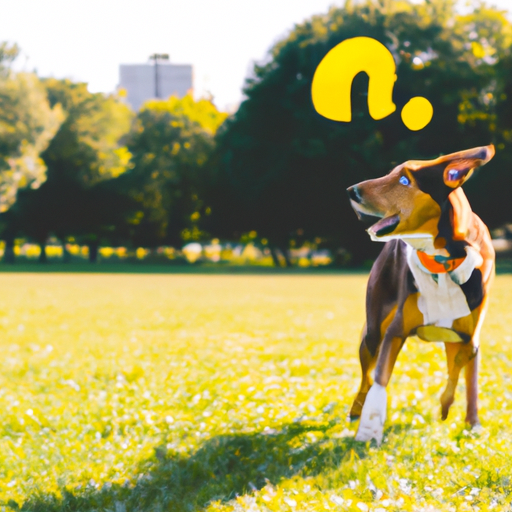An Innate Drive
You might think that playing fetch with your dog is just a fun way to pass the time, but it’s much more than that. Dogs have an innate drive to retrieve, which is deeply ingrained in their genetic makeup. This drive can be traced back to their wolf ancestors, who had to hunt and retrieve their prey.
Historically, certain breeds like Retrievers, Spaniels, and Pointers were even specifically trained to retrieve game for their human hunting companions. This inherent instinct, combined with their desire to please their owners, makes the game of fetch a natural fit for dogs.
There are several reasons why this game is so popular among dogs:
- It satisfies their instinct to hunt and retrieve: Playing fetch simulates the hunting experience for dogs.
- It provides physical exercise: Fetch is a high-energy game that helps dogs burn off excess energy.
- It offers mental stimulation: The anticipation of chasing the object and figuring out how to bring it back requires mental effort.
- It strengthens the bond between you and your dog: Fetch is a cooperative game that requires interaction between you and your dog.
The Benefits of Playing Fetch
Fetch is more than just a game; it can offer several benefits for your dog’s physical and mental health. Let’s look at them in more detail:
- Physical exercise: One of the most obvious benefits of playing fetch is the physical exercise your dog gets. It can help keep your dog fit and healthy.
- Mental stimulation: Fetch requires your dog to use their problem-solving skills, which can help keep their mind sharp.
- Training opportunity: Fetch can be a great opportunity to train your dog and reinforce good behavior.
- Bonding time: Playing fetch is a great way to spend quality time with your dog and strengthen your bond.
| Benefit | Why It’s Important |
|---|---|
| Physical exercise | Keeps your dog fit and healthy. |
| Mental stimulation | Keeps your dog’s mind sharp. |
| Training opportunity | Reinforces good behavior. |
| Bonding time | Strengthens your bond with your dog. |
How to Teach Your Dog to Play Fetch
If your dog doesn’t naturally take to fetch, don’t worry. Most dogs can learn to play fetch with a little training. Here are some steps you can follow:
- Start with a Fetch-Ready Toy: Choose a toy that your dog is interested in. It should be something they can easily pick up and carry.
- Get Your Dog’s Attention: Wave the toy around or throw it a short distance to get your dog’s attention.
- Encourage Retrieval: When your dog goes after the toy, encourage them to bring it back to you.
- Reward Retrieval: When your dog brings the toy back, reward them with a treat or praise.
- Repeat: Keep the sessions short and fun, and repeat the process until your dog gets the hang of it.
The Role of Fetch in Dog Behavior
Fetch can also play a significant role in dog behavior. It’s not just a game; fetch can help dogs cope with certain behavioral issues:
- Separation anxiety: Having a game of fetch before you leave the house can help tire your dog out and reduce their anxiety.
- Excessive barking: If your dog is barking out of boredom, a game of fetch can provide a distraction and use up some of their energy.
- Chewing: If your dog is chewing on inappropriate items, redirecting their attention to a game of fetch can help.
Frequently Asked Questions
Q: Why won’t my dog play fetch?
A: Not all dogs are naturally inclined to play fetch. If your dog doesn’t seem interested, they might not have a strong retrieval instinct, or they might not find the game rewarding.
Q: Can any dog learn to play fetch?
A: While some breeds are more naturally inclined to fetch, most dogs can learn to play with some patience and training.
Q: How can I make fetch more exciting for my dog?
A: Try varying the objects you throw, the distance you throw them, and the location where you play. Also, make sure to reward your dog for a job well done!
Remember, the aim of the game is to have fun, so keep it light, positive, and enjoyable for both you and your dog.



